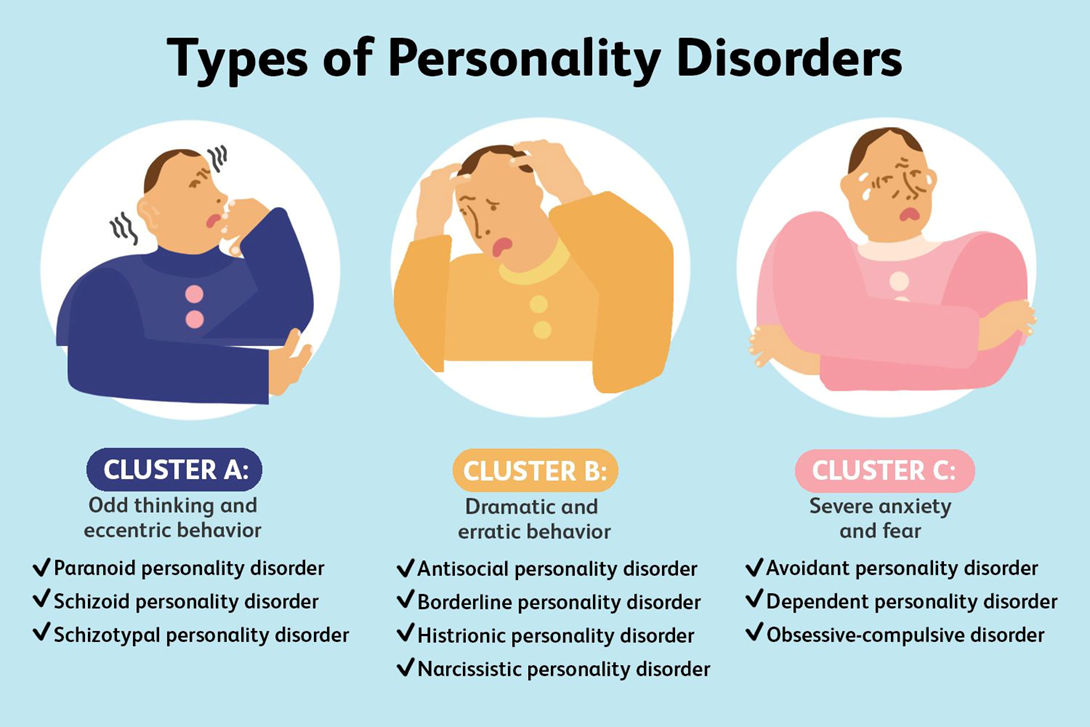A patient who repeats a word or part of a word over and over might be said to have which of the following symptoms?
Echopraxia
Word salad
Echolalia
Illusion
The Correct Answer is C
Choice A reason: Echopraxia is the involuntary repetition of another person's movements or actions.
Choice B reason: Word salad refers to a confused or meaningless mixture of words and phrases, often seen in schizophrenia.
Choice C reason: Echolalia is the meaningless repetition of words just spoken by another person, occurring as a symptom of mental conditions.
Choice D reason: Illusion is a false idea or belief, or a deceptive appearance or impression.
Nursing Test Bank
Naxlex Comprehensive Predictor Exams
Related Questions
Correct Answer is C
Explanation
Choice A reason: Using the incentive spirometer is important, but it is not specifically related to deep breathing and coughing exercises.
Choice B reason: Breathing deeply and coughing every 4 hours is part of postoperative care, but it does not indicate understanding of the technique to protect the incision.
Choice C reason: Splinting the incision with a pillow while coughing is a recommended technique to support the incision and reduce pain during coughing, indicating an understanding of the instructions.
Choice D reason: Lying flat is not recommended for deep breathing and coughing exercises as it can inhibit lung expansion and is not conducive to effective coughing.
Correct Answer is B
Explanation
Choice A reason: Extending the scheduled time could reinforce the client's resistance to discussing feelings until the end of the session, which is not therapeutic.
Choice B reason: Ending at the scheduled time maintains boundaries and structure, which are important in the therapeutic relationship, especially with clients who have personality disorders.

Choice C reason: Arranging for another nurse to continue the interview may disrupt the continuity of care and the therapeutic relationship.
Choice D reason: Setting an extra meeting time could be considered if the client's needs are urgent, but it is not the best option in this scenario as it may reinforce avoidance behaviors.
Whether you are a student looking to ace your exams or a practicing nurse seeking to enhance your expertise , our nursing education contents will empower you with the confidence and competence to make a difference in the lives of patients and become a respected leader in the healthcare field.
Visit Naxlex, invest in your future and unlock endless possibilities with our unparalleled nursing education contents today
Report Wrong Answer on the Current Question
Do you disagree with the answer? If yes, what is your expected answer? Explain.
Kindly be descriptive with the issue you are facing.
